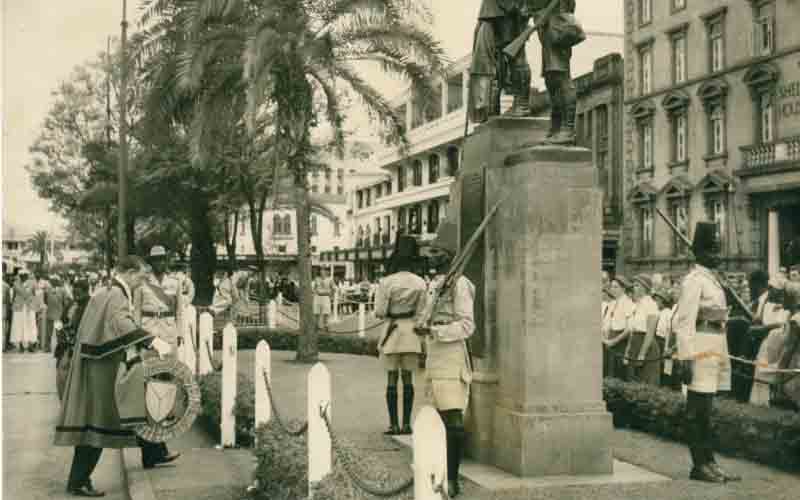×
The Standard e-Paper
Fearless, Trusted News

Mayor of Nairobi, Travis, approaching the African War Memorial during the Remembrance Day ceremony in 1957 [File]
The world is staring at what could be World War 3. Russia has started bombing Ukraine to reclaim a piece of what historically belonged to Moscow.